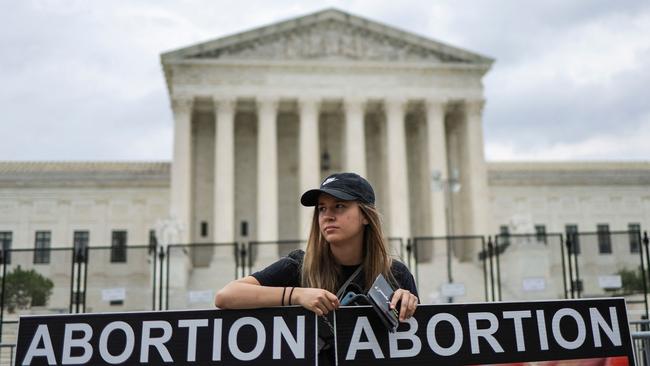
In 1973, the left rejoiced at the Roe v Wade decision that imposed abortion rights on the nation and the right wore sackcloth and ashes. With the overturning of Roe, the roles are reversed.
Fixing a damaged democracy is of no solace to American women, who ought to be able to access safe, affordable abortions.
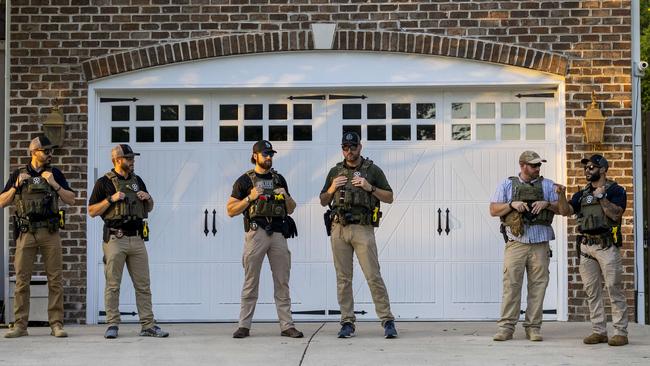
But abortion rights should have come about the right way, not by judicial fiat. Americans are discovering that judicial shortcuts cause long-term pain. After the court decision last week in Dobbs v Jackson Women’s Health Organisation, more Americans may realise it’s much better to avoid the turmoil in the first place by keeping the judiciary out of politics and by sending big social and political decisions back to elected legislatures where they belong.
Importantly, too, perhaps more legal activists are learning the hard way to rethink judicial activism. Encouraging judges to make laws means that while activists are assured of loving the decisions they agree with, they will hate with equal passion those decisions they disagree with.
Sadly, that logical conclusion seems to be a long way off for some. Looking at the hysteria that followed the court’s decision, let’s start with the low-hanging fruit.
Tennis player Martina Navratilova tweeted that she felt like she was back in the totalitarian country where she grew up, before Czechoslovakia was freed from Soviet control. What a boneheaded statement. The court’s decision bears no comparison to the communist politburos in the Soviet bloc. The court handed power back to the states, showing deference to the democratic process.
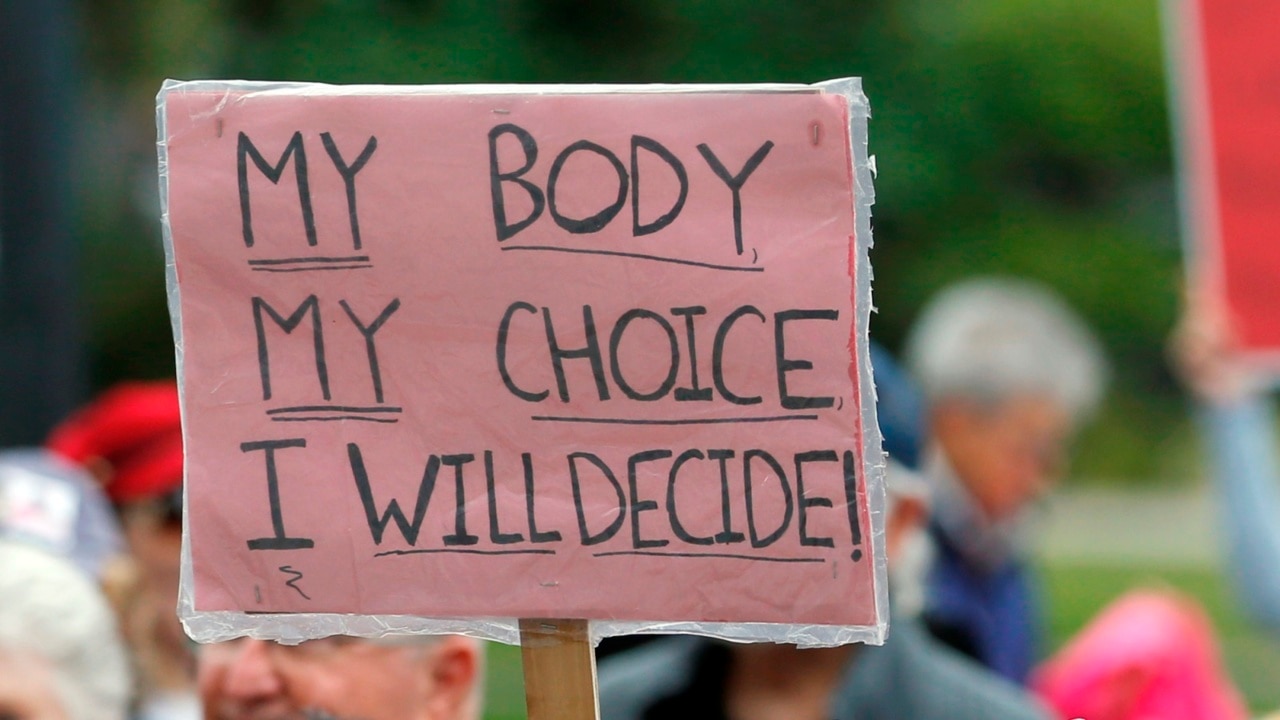
Canadian Prime Minister Justin Trudeau described the decision as an attack on global freedom. Media pundits, including The Washington Post national correspondent Philip Bump, suggested the court’s decision was consistent with declining democracy in America. “In both Poland and the United States, the parties with control of the relevant courts have moved dramatically away from liberalism,” Bump wrote.
Again, for those slow on the uptake, the court made it abundantly clear abortion laws were being returned to the states to be determined the old-fashioned, democratic way. Ensuring abortion laws are decided by voters is the essence of liberalism.
The lack of abortion rights for millions of American women should be the cause of furious protests across the country. But the reason for the fury is misplaced. At a weekend rally, Democrat lion Elizabeth Warren fulminated against the court, and Clarence Thomas in particular: “We’ve got news for Clarence Thomas: he doesn’t get the last word.”
The court had news for Warren and other critics of the decision, if only they were paying attention. Thomas doesn’t want the last word. Nor does the majority of judges who decided to overturn Roe. That is the point of their decision. The last word on social changes that do not fall within the US constitution goes to voters.
Co-writing a piece with fellow Democrat Tina Smith, Warren rallied Americans to do all they could to demand abortion rights from their elected leaders.
That is as it should be. With the original Roe decision, the Supreme Court thwarted normal democratic processes. Had grassroots democracy been allowed to take its normal course, with voters lobbying their elected representatives for abortion rights, there is a good chance women would have secured abortion rights in those states where they now face the monstrous fate of committing a criminal offence for taking control of their bodies.

The court’s judicial activism in 1973 obstructed the legislative, grassroots activism needed to settle abortion laws in a way that is far more unifying and permanent than when imposed by a handful of judges. Opponents would have been forced to accept a democratic settlement of the issue rather than spending 50 years railing against an arrogant court.
Other misguided Democrats are demanding Joe Biden increase the number of Supreme Court justices to dilute the power of the court’s new conservative majority. This is so harebrained that Biden has rightly said no. If he did increase the number, the Republicans would follow suit, tit for tat. The nation’s highest court would need new headquarters to house a growing phalanx of judges.
There is no doubt American democracy is not enjoying its finest moment. Normal processes are under attack from both sides:
Trumpian Republicans are still fulminating against a “rigged” 2020 election. And too many Democrats are enemies of the basic liberal democratic process where voters in each state should decide abortion rights. Roe v Wade was always going to end in tears because, Trump nuts aside, a democratic settlement is the best way to decide important issues.
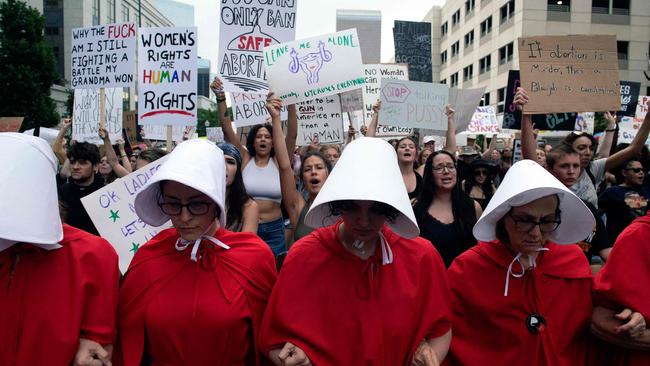
We’re fortunate in Australia that we haven’t handed untrammelled power to judges under a bill of rights. That hasn’t stopped some judges veering into political territory, but most judges in this country are wise enough and humble enough to follow the formulation of one of the greatest judges, Sir Owen Dixon. When taking the oath of office as chief justice of the High Court of Australia in 1952, Dixon said: “Close adherence to legal reasoning is the only way to maintain the confidence of all parties in federal conflicts. It may be that the court is thought to be excessively legalistic. I should be sorry to think that it is anything else. There is no other safe guide to judicial decisions in great conflicts than a strict and complete legalism.”
Judicial activism, once unleashed, is hard to control. If we allow activism for left-wing causes, we should expect judges on the other side of the political fence to entrench their right-wing causes. As this Supreme Court decision shows, judicial shortcuts are self-defeating. Fifty years later, the democratic reckoning has arrived.



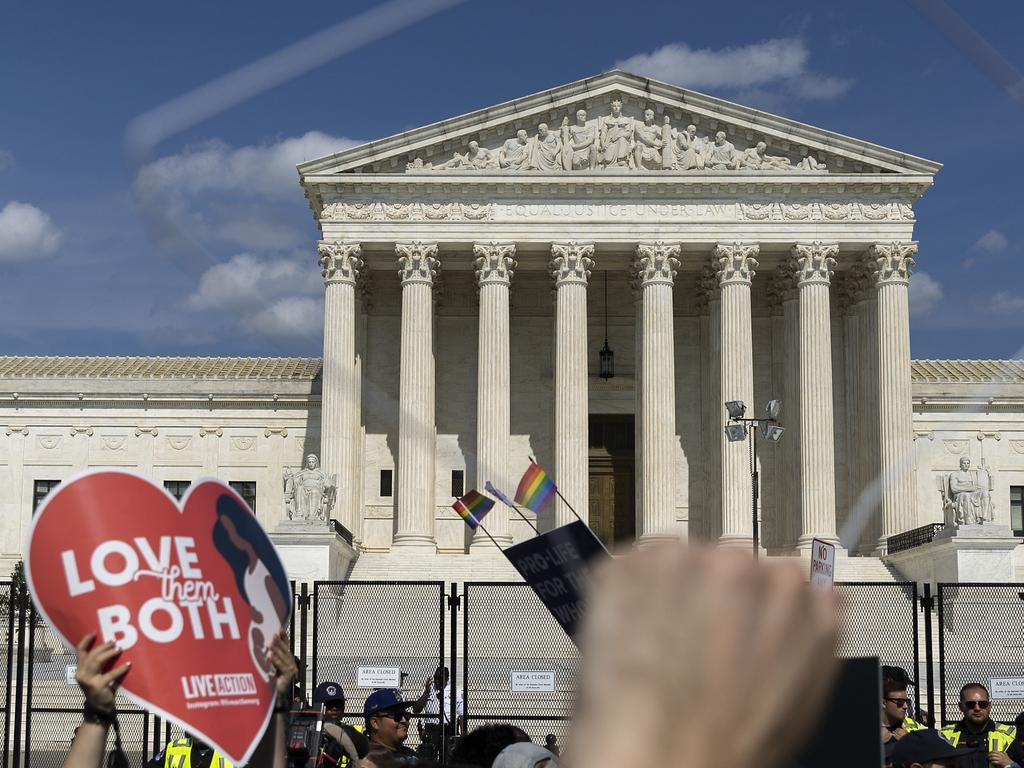
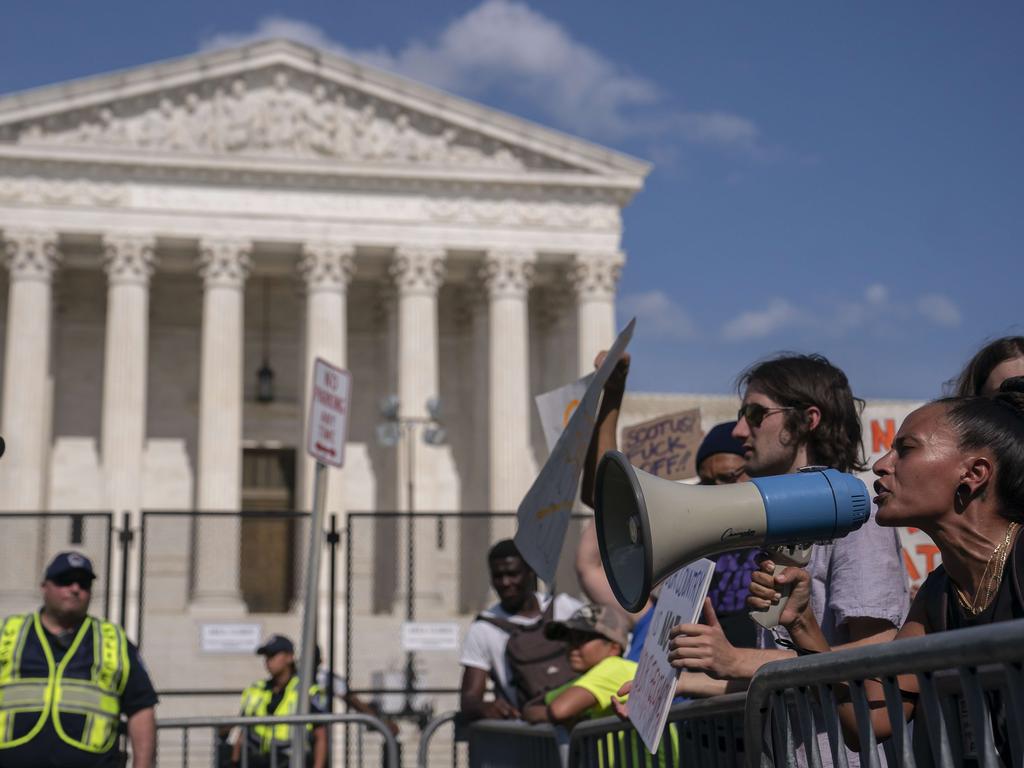

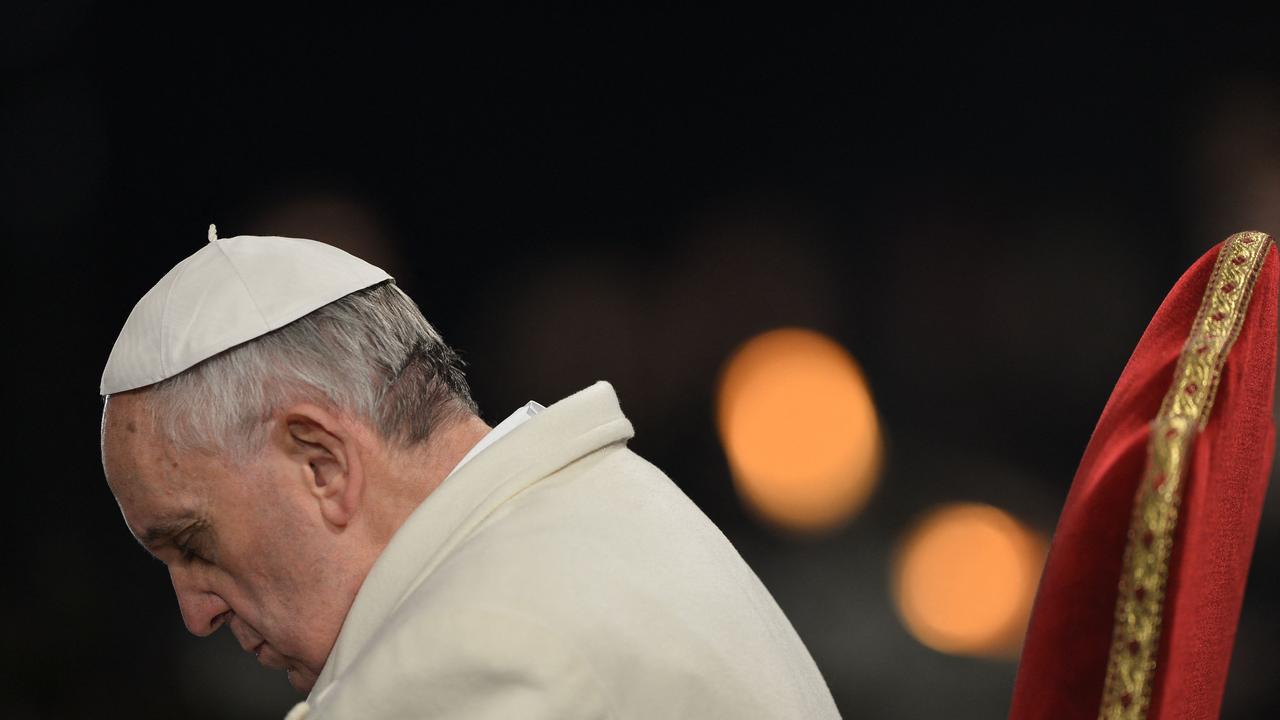

Look on the bright side. The decision by the US Supreme Court to return abortion rights to the states could be an opportunity to remake American democracy by forcing the depoliticisation of the judiciary. That would be an overdue move in a country where the same court ruptured the American polity almost 50 years ago.